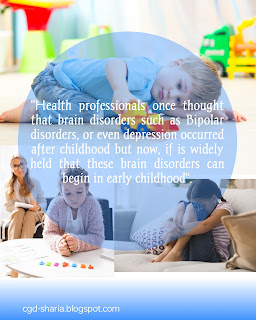WITHOUT A SECURE MOTHERLY ATTACHMENT, CHILDREN'S BODIES ACTIVE A STRESS ACTION TO UNEXPECTED EVENTS

The bond between mother and child With the cutting of the umbilical cord, physical attachment to our mothers ends and emotional and psychological attachment begins. While the first attachment provides everything we need to thrive inside the womb, many psychologists believe the second attachment provides the psychological foundation and maybe even the social and physical buffer we need to thrive in the world. Attachments infants and children from with other primary-care providers also affect a child's development, research shows.The nature and impact of such attachments have become a focus for researchers interested in the increase in daycare for very young children. Social Development Many researchers have found correlations between secure mother-infant attachment and later psychological and social development. Infants who securely attach to their mothers become more self-reliant toddlers and have a better sense of self-esteem, said Alan Sroufe, Phd, an att




